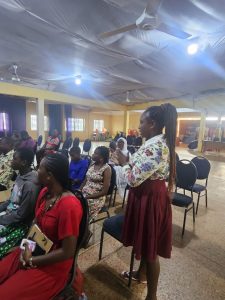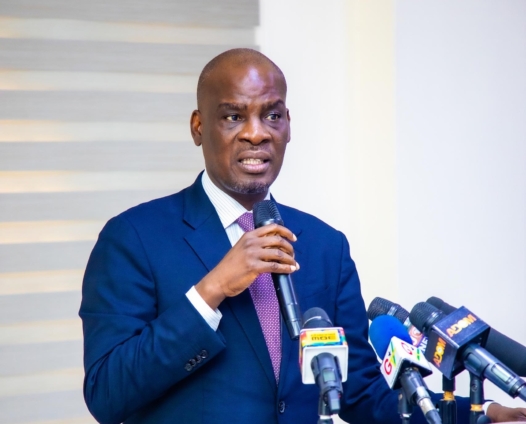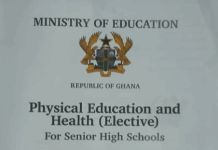
The Muslim Family Counseling Services (MFCS), in partnership with UNESCO Ghana, is developing a faith-based and age-appropriate reproductive health education toolkit aimed at fostering moral values and healthy learning among schoolchildren across the country.
The initiative seeks to guide children through essential life lessons using content that reflects both health and faith principles. Learners will be categorized into three age groups; 5 to 8 years, 9 to 11 years, and 12 to 18 years to ensure that teaching materials correspond with their developmental stages. The toolkit will feature topics such as body awareness, puberty, emotions, respect, decision-making, and faith ethics.
During an engagement session with religious leaders, teachers, students, and community representatives to gather input for the toolkit’s development, the Executive Director of MFCS, Mr. Mohammed Bun Bida, said the project aims to provide schools with a structured and culturally relevant guide for teaching reproductive health education.
“We are collaborating with UNESCO Ghana to develop a toolkit for age-appropriate reproductive health education. Today, we are engaging schools, religious leaders, and opinion leaders in a consultation to gather their views on how best we can promote reproductive health education in the country.
“The toolkit is age-appropriate, grouping learners into three age categories, 5 to 8 years, 9 to 11 years, and 12 to 18 years. This ensures that learners are only introduced to topics suitable for their age and level of understanding, avoiding exposure to information that may not be appropriate.” he stated.

Mr. Bun Bida added that once completed, the toolkit will be presented to the Ghana Education Service (GES) and the Ghana Health Service (GHS) for implementation through a pilot program in selected mission schools within the Ashanti and Bono East regions.
“Once the toolkit is finalized, we will share it with the Ghana Education Service (GES) and the Ghana Health Service (GHS) for proper implementation. We will first pilot the toolkit in mission schools, since it is a faith-based reproductive health education initiative. After the piloting phase, it will be rolled out nationwide.”
He further explained that the initiative also includes sensitization activities for parents, pastors, imams, and traditional leaders to ensure that the values promoted in schools are reinforced at home and within communities.
The project’s implementation plan involves establishing a Reproductive Health Education Steering Committee in each participating school, training teachers, adapting the toolkit to local contexts, and closely monitoring its application to maintain quality standards.
“As part of the design, we have also included activities for parents, pastors, imams, and community leaders to help sustain reproductive health education at the community level.

The next phase of the project is to finalize the toolkit and, with the support of UNESCO, begin piloting. Once the pilot phase is complete, the toolkit will be rolled out for nationwide implementation.” he disclosed.
The Bono East Regional Chief Imam, Alhaji Musah Abdulia, lauded the initiative, describing it as timely and crucial for promoting moral discipline among young people. He emphasized the role of parents and faith leaders in guiding children on reproductive health matters.
“Today’s program is very good because if we don’t put the right measures in place, our children may go astray. As parents, pastors, and imams, we have a responsibility to educate our young ones about reproductive health, but we must also ensure that the topics we introduce are appropriate for their age. That is why this initiative is so important.
“We promise to share what we have learned here today in our various mosques and churches to help bring everyone on board.” he said.
Similarly, a teacher from St. Paul’s R/C Junior High School, Madam Vivian, commended the program for its relevance and potential impact on classroom learning. She called for the continuation of the initiative to deepen students’ understanding of reproductive and sexuality education.
“This program is one of the best I have attended so far, and I strongly believe it will help improve and enhance the teaching of reproductive health and sexuality education in our schools.
I would like to kindly appeal that, now that this initiative has begun, it should be continued so that our learners can gain a deeper understanding of sexual and reproductive health education.” she told our reporter.
Source: Elvisanokyenews.com





